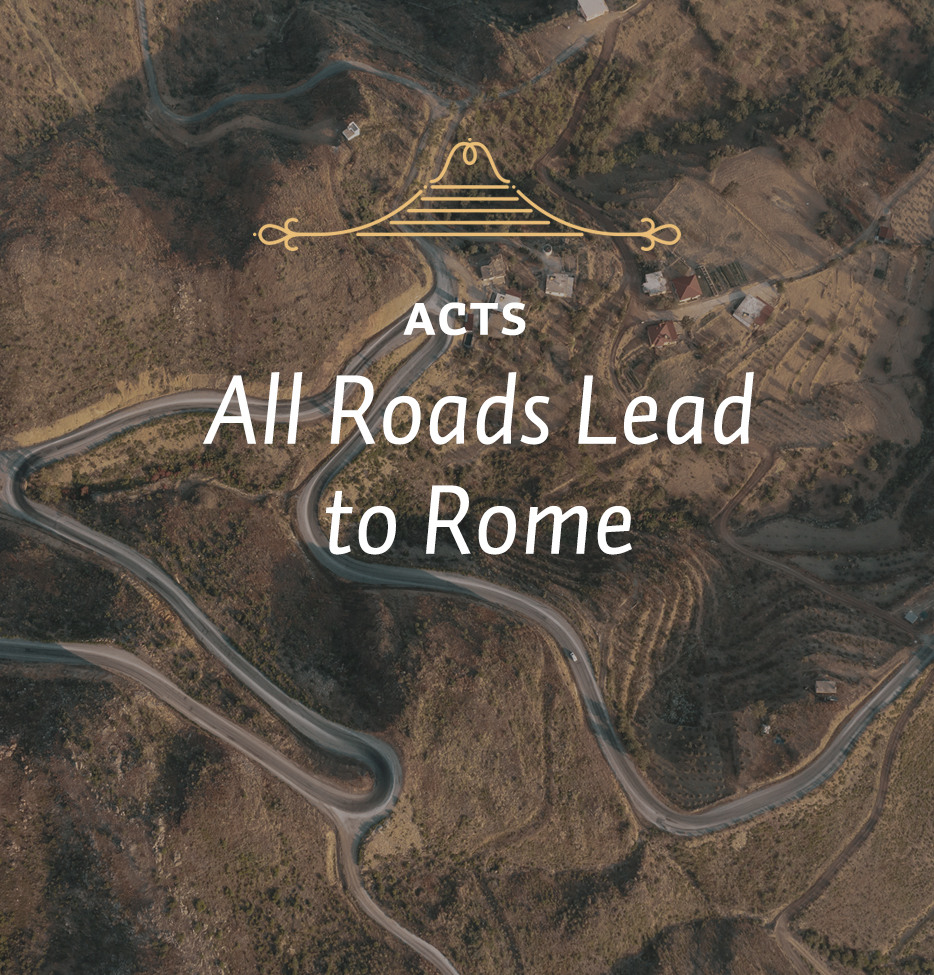In today’s lesson we continue our look at five possible explanations for why believers suffer. We discussed the first three in yesterday’s study.
4. Christ-glorifying suffering. This is what Jesus pointed to when the disciples asked about the man who had been born blind. Jesus told the disciples, “Neither this man nor his parents sinned, but this happened so that the work of God might be displayed in his life” (John 9:3). In other words, some suffering is simply that the glory of God might be displayed in Christians. In most situations it would be presumptuous to assume that this is what God is doing with us. We suffer for other reasons far more often than this. Nevertheless, suffering for the glory of God is sometimes the right explanation.
Did God let that man be born blind and sit there all those years without sight just so Jesus Christ could come along at that moment and heal him and thus bring glory to God? Yes, that is what Jesus was teaching. It is not our perspective, of course. But the reason it is not our perspective is that we focus on how long the man had been blind while God focuses on eternity, and in the light of eternity the short span of our lives fades into relative insignificance.
5. Cosmic suffering. Job is the greatest story in the Bible about suffering, and the point of his story is that God was demonstrating before Satan and all the fallen and unfallen angels that a man will worship and serve God for who God is and not merely because God takes care of him and prospers him.
The interesting point of this story is that, even when we get to the very end of it, we find that the meaning of his suffering has not been explained to Job. The only reason we understand it is because, at the beginning of Job, we are shown a scene in heaven in which God calls Satan’s attention to Job, saying, “You think he worships me only because of the things I give him. But you can take those things away, and he will still love and praise me.” God permits Satan to afflict Job, and Job comes through triumphantly—though not without a great deal of puzzlement and anguish.
That was the case with Paul, too. The snake bite was a small incident, but it showed how Paul was loving and serving God regardless of his difficult circumstances, whether it was the shipwreck, hunger, cold or snakebite. The people took note of the miracle, and later there were other healings. One who was healed was the father of the “chief official” of Malta, which, incidentally, is the exact technical term for the person who represented Rome in that place. It is another example of Luke’s extraordinary accuracy.
And there is apparently another accurate detail as well. Luke says that the father of the chief official was suffering from fever and dysentery. It is probably to be understood as a sickness common to this area of the world, known as Malta fever. It is caused by a bacterium carried by the goats of Malta, and it causes symptoms that last four months on the average but can sometimes last for years. It was identified in 1887.1
At last the party moved on to Rome. They had spent three months on Malta because they were unable to sail further during the winter months. The shipwreck had taken place in November. That month had to pass, then all of December and January. So it was certainly well into February, perhaps even March, when the weather began to clear up sufficiently for ships to sail again. Another grain ship from Alexandria was wintering on the island. So the soldier in charge took space on that ship, and the prisoners were carried forward on the next stage of their journey.
When we read the paragraph beginning at verse 11, it seems almost as if Luke had a notebook in which he kept a log. His notes say that they put in first at Syracuse, the capital city of Sicily and the point of land that would have been closest to them if they were sailing north from Malta toward Rome. Syracuse had been founded as a Corinthian colony in 734 B.C., but it had passed to Roman rule in 212 B.C. It was a port city, with a good double harbor. The traveling party stayed there for three days. Next the ship went to Rhegium, on the very tip of the toe of the boot of Italy. From there, helped forward by a strong southerly wind, it passed through the straits of Sicily with the island on the left and Italy on the right. The wind must have been a very good one, because by the next day they had covered the nearly two hundred miles from Rhegium to Puteoli, Rome’s southern port. The long, tiring and nearly fatal journey by sea was over, and Luke records with masterful understatement: “So we went on to Rome” (v. 14).
1The details are in John R. W. Stott, The Message of Acts: To the Ends of the Earth (Leicester, England: InterVarsity, 1990), 395.






